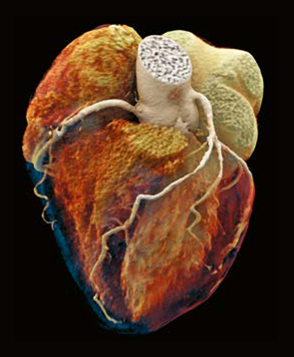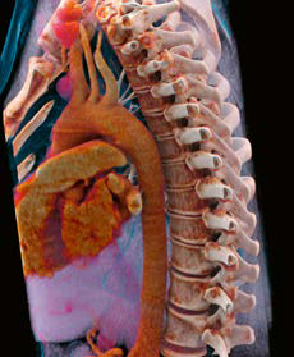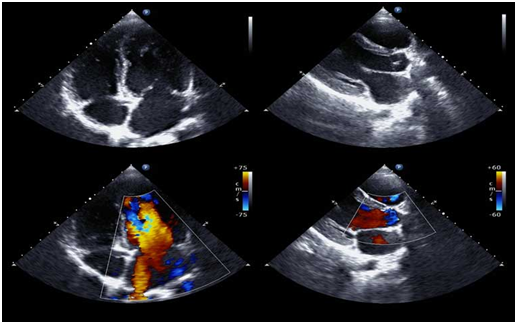According to the Heart Foundation one patient is admitted to an Australian hospital with a heart attack every nine minutes and on average 21 Australians die from a heart attack each day.
How to reduce your risk of heart attack
Knowing you are at risk of heart disease is the first step to reducing your risk of having a heart attack, but most people don’t even know they are at risk.
Coronary Artery Disease (CAD) is the single leading cause of disease morbidity and mortality in Australia and is responsible for approximately one in 10 deaths. Up to half of individuals with heart disease will initially present with myocardial infarction or sudden cardiac death. Identifying high-risk asymptomatic individuals remains the cornerstone of cardiovascular disease prevention. For the purposes of prevention, it is necessary to identify these asymptomatic at-risk individuals who will benefit from the early detection and treatment of CAD.
Heart attack risk tests
Coronary Artery Calcium Scoring is a very accurate and reproducible way of detecting coronary artery disease and to estimate future risk of cardiac events. CT Coronary Artery Angiography provides an additional non-invasive and detailed assessment of your coronary arteries and is extremely accurate in excluding significant cardiac disease.

Multidetector computed tomography (MDCT) is currently the preferred noninvasive modality that can reliably image coronary arteries.
Our advanced imaging technology provides an accurate assessment of your cardiac risk with CT Calcium Score and CT Coronary Angiography. Both are non-invasive and extremely accurate tests for cardiac risk assessment.

Calcium Score (extent of calcified plaque in coronary arteries) quantifies cardiac risk as it reflects overall coronary plaque burden. Plaque is made up of fat, cholesterol, calcium, and other substances found in the blood. Over time, plaque hardens, narrows your arteries and causes heart attacks. The higher the Calcium Score, the more likely an individual is to have separate, non-calcified plaque that is vulnerable to rupture and cause a sudden heart attack.
Therefore , Calcium Score provides a better estimation of future risk and is the preferred modality for enhanced screening alone or combined with a CT Coronary Artery Angiography. Appropriately, for asymptomatic commercial pilots over 40, and space flight participants travelling to the International Space Station (and International Space Station (ISS) crew members), Coronary Artery Calcium Score is a required primary screening test.
Not all plaque however is calcified, and plaque rupture events may occur in individuals with only non-calcified plaque and low Calcium score.

CT Coronary Angiography provides additional information about the number, extent and location of narrowing in the coronary arteries. It additionally has the advantage of being able to both image and characterise plaque (into calcified or non-calcified). This allows identification of plaque disease that may be present in significant quantities even with very low/no coronary calcium and thus identify individuals with low coronary calcium scores who are nevertheless at increased risk for coronary events.
Cardiac Stress Echocardiogram
- Determine how well your heart tolerates activity
- Evaluate the function of your heart and valves
- Determine your likelihood of having coronary artery disease
The stress test usually involves walking on a treadmill to assess the heart’s response to ‘stress’ (exercise) as well as obtaining an immediate post-stress echocardiogram to assess for inducible wall motion abnormalities as a marker of reduced blood supply (ischaemia). The cardiologist will analyse the pre- and post-images to assess for alterations in wall motion based on a standard 17-wall segment model.

Our methodical and logical approach identifies medical conditions and risk factors that are likely to reduce your life expectancy before the onset of symptoms or any indication of a problem, thus giving you the ability to take control of your future health. Book a complete health check at our Melbourne centre.



